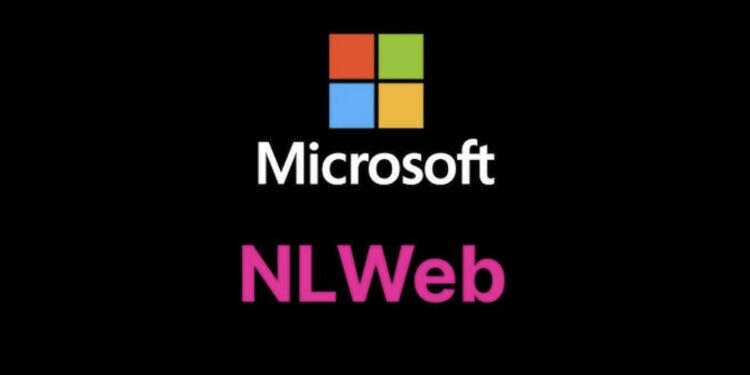From its annual Build event in Seattle today, Microsoft announced a transformative concept known as NLWeb (Natural Language Web) – a dream project that could change the way we all use the web.
This ambitious undertaking strives to inject AI directly into websites in a manner that teaches them how to comprehend and answer natural language , turning basic, static webpages into powerful AI-enhanced web applications.
NLWeb was the “fastest and easiest way to effectively turn your website into an AI app,” Microsoft said, pinpointing that users can ask questions about a site’s content in the same natural manner that they would query an AI assistant. Such a leap would likely move beyond the traditional search box to more natural, conversational interfaces powered by AI chatbots.
More than just chatbots In addition to chatbots, NLWeb-powered websites will act as Model Context Protocol (MCP) servers, a cross-platform specification developed by Anthropic for interfacing AI with external real-world data.
This is the key to unlocking the web for AI agents to use, by making it easy for AI agents to consume and process information from such sites, and build a smarter, more connected web. Microsoft believes that someday AI agents will be capable of independently completing tasks such as customer service, negotiations and handling product returns.
R.V. Guha, corporate vice president and technical fellow at Microsoft who originated widely used web standards including RSS and Schema. org is the energy behind NLWeb.
The project is intended to be technology neutral, able to support any operating system, AI model and vector database to make ’it easier for developers across the globe to access it.
A number of companies, including O’Reilly Media, Eventbrite, and Shopify, are early adopters that are collaborating with Microsoft to bring NLWeb into their offerings. The vision here fits into Microsoft’s bigger picture of what it calls the “agentic web,” in which decentralized AI agents carry out tasks in the place of users, and should enable a more interactive and efficient internet.
Microsoft has expressed hope that NLWeb could be as transformative as HTML was in the pioneering days of the WWW and usher in a post-GUI era of AI-driven interaction on the internet.










![Online Scam Cases Continue to Rise Despite Crackdowns on Foreign Fraud Networks [Myanmar] Online Scam Cases Continue to Rise Despite Crackdowns on Foreign Fraud Networks [Myanmar]](https://sumtrix.com/wp-content/uploads/2025/06/30-12-120x86.jpg)




